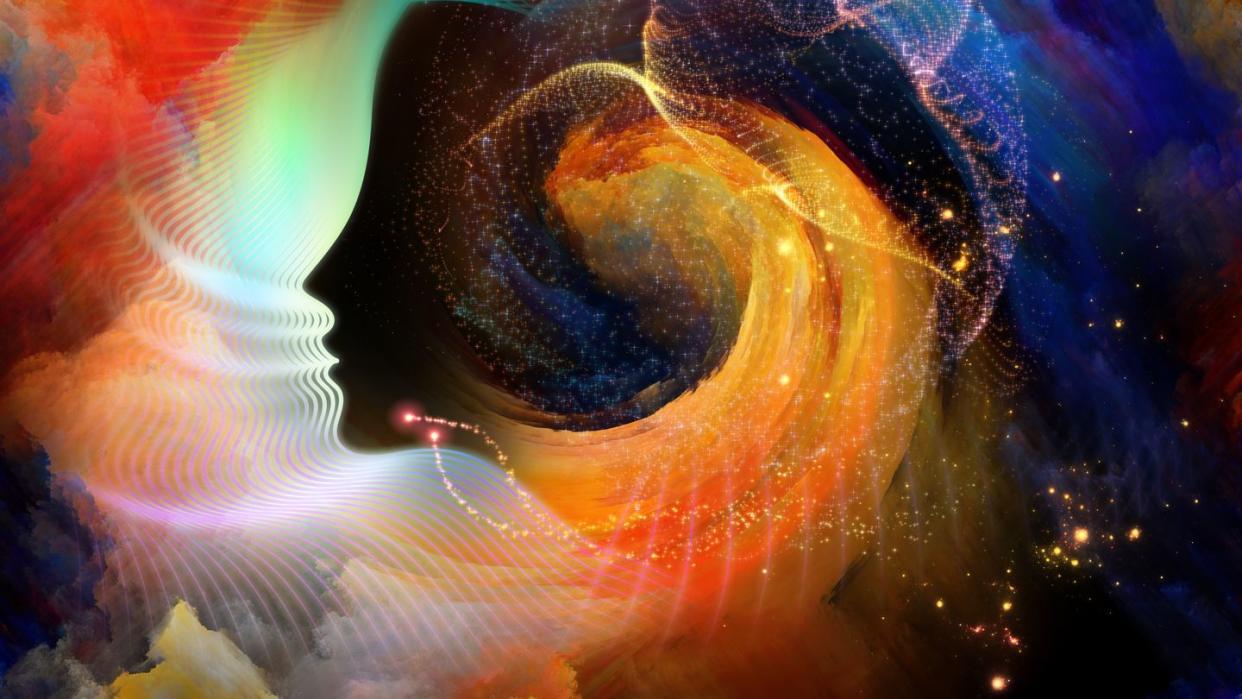Consciousness Could Hinge on How Your Brain Handles Metals, Scientists Say

The world might currently be concerned with the rise of AI sentience, but human consciousness is still a field ripe for exploration.
A new study from scientists at the Hebrew University of Jerusalem proposes a new perspective on two well-known neuroscience theories—one that explores the importance of memory in human consciousness.
By understanding how the brain forms memory units using metal cations, the researchers hope to delve deeper into the biochemical formation of consciousness and discover potential causes behind certain brain disorders, such as Alzheimer’s and autism.
The definition of “consciousness” is becoming ever more important as artificial intelligence continues to evolve at a rapid pace. Although some overzealous AI researchers have marveled at large language models’ ability to display a convincing facsimile of consciousness, most researchers agree that humanity is many years removed from achieving Artificial General Intelligence—an incredibly strong AI where the “consciousness” of humans and AI would begin to blur.
One reason why there is such a large discrepancy among researchers regarding when such an event might occur is that our understanding of human consciousness is far from complete (which is honestly putting it mildly). If we can’t even put a finger on what makes a human conscious, spotting such an ability within a machine seems near impossible.
However, a new study from the Hebrew University of Jerusalem is exploring a new perspective on the subject by digging into the role memory plays in shaping human consciousness—a marked departure from previous work that compared neural memory to computer data. It would mean that consciousness naturally arises from the evolution of memory in a biochemical sense.
“A “Global Neuronal Network” (GNW) hypothesis has been forwarded as a central tenet of consciousness … we have previously described a tripartite mechanism of neural memory in which neurons encode cognitive information within the surrounding extracellular matrix (nECM), using trace metal cations and neurotransmitters to encode emotive states,” the researchers wrote in their study, which was published in the International Journal of Psychiatry Research. “We propose a fusion of the GNW hypothesis with the tripartite mechanism of emotive memory to describe how the brain achieves mental states of memory and emotions to experience consciousness.”
“Fusing” these two neuroscience theories—the Global Neuronal Network and the Tripartite Mechanism of Memory—forms the basis of this new paradigm. The researchers state that this combined theory relies heavily on the biochemical metal cations found in the human brain.
"We discovered that certain metals binding within the matrix can alter its structure, forming complexes that serve as the fundamental units of memory,” the researchers said in a press statement. “These metal complexes have the ability to interact with neurotransmitters, resulting in the formation of emotional memory units.”
It’s this process of encoding emotive states in the “extracellular matrix” that diverges from the typical idea of “information theory” that underlies computer-based information. These memory units—unified by structural units in the brain—add depth and significance to a human’s conscious experience.
This exploration is more that just a philosophical exercise or an effort to better understanding artificial consciousness if and when it arises. Having a deeper understanding of this consciousness-making mechanism can have a big impact on people in the here and now.
“This proposed mechanism sheds light on how disturbances in metal levels could potentially impact memory functions. Furthermore, we speculate that disorders such as Alzheimer’s and autism may be linked to dysregulation of metal handling by the body,” the researchers said in a press statement. “Understanding these intricate relationships provides insight into the processes of memory formation and retrieval, aiding in comprehension of conditions ranging from short-term memory loss to more severe memory impairments.”
So while the debate surrounding the “consciousness” of AI continues to grab headlines, the exploration of human consciousness remains a vast frontier ripe for exploration.
You Might Also Like


